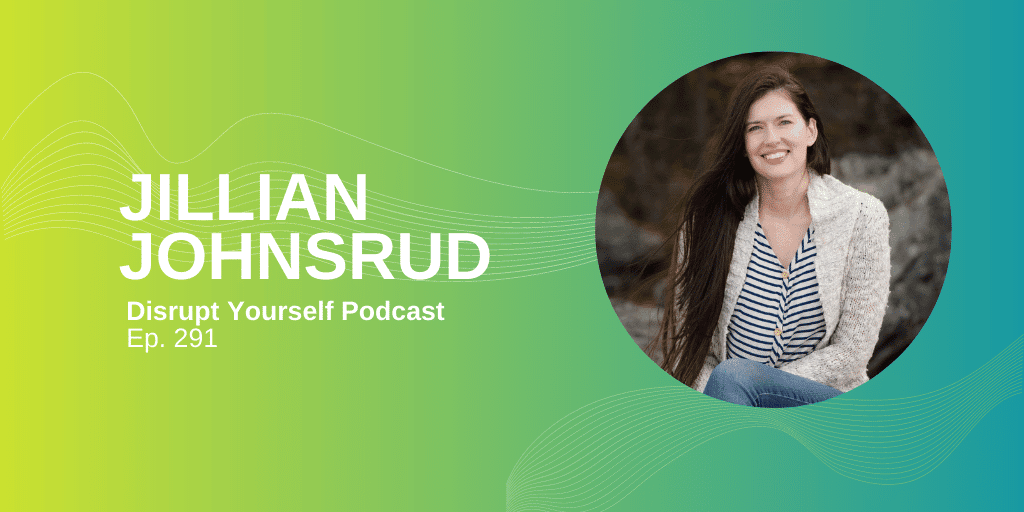| “When life seems hard, the courageous do not lie down and accept defeat; instead, they are all the more determined to struggle for a better future.” Queen Elizabeth II |
When you forgive yourself on stage, others will know that you will forgive them too. I’m paraphrasing, but that’s what Livingston Taylor said when I interviewed him for the podcast a few years ago.
I had an opportunity to practice this just this past week. It wasn’t the first time and probably won’t be the last.
I was on stage speaking to a group of executive women, and about five minutes in, I realized, “Oh, no! This is the wrong slide deck.”
I was expecting our newest 3.0 version of the slide deck, and what my audience saw was the 1.0 draft.
We are talking about, but not only about: wrong slide order; different highlights than I was expecting; fonts that were off. OBVIOUS, glaring mistakes. It was wrong on so many levels; it needed its own elevator.
I’ve had goofy speech experiences before, but not this precise one. What to do?
Even now, writing this is a little difficult. Those of you who observe my work know that I’m pretty particular about what I think is a job well done. What I expect of myself: Know what you want to say. Say it well. Clearly. Comfortably.
This speech was looking like a spectacular fail on all fronts. But almost as soon as I realized the slides were wrong, I also realized I had to make a choice.
I repeatedly talk about examining our expectations and creating with, rather than competing against, circumstances as they are.
I encourage others (and, therefore, myself) to leverage failure. It’s shame that limits disruption, not failure, and we need to always be on the lookout for the ROF – return on failure.
I teach that we need to be discovery-driven, especially when plans go awry, and embrace the step backward, gather feedback and adapt to take a step forward.
This was an opportunity to practice what I preach. Let me count the ways….
- Obviously, I quickly learned to check, double-check, and recheck the slide deck.
- There was the pointed reminder that building resilience in an organization (like we talk about in the new LinkedIn course) means building resilience in individuals and that demands experiences that require resilience (like not having the right deck), then reframing those experiences as learning opportunities. Again, shame limits disruption, not failure.
- Rethink metrics. If the only metric is to do something ‘perfectly,’ then my speech wasn’t a success. But virtually nothing will be. If the metric is to adapt in the face of the unexpected, then, based on the feedback, I succeeded. When you think about personal disruption and growth, what metrics are you using to measure success?
Perhaps, the most important thing I could practice is this: The person is the message. I certainly did not manage this surprise perfectly. Still, I am willing to bet that the women in my audience will remember less about S Curves and personal disruption and more of what I did when I was inadvertently disrupted.
Do we continue to show up? When we need resilience to join us on the center stage of our lives, can we call on it?
When have you had an opportunity to give yourself grace recently so you could give it to others? Have you been required to practice resilience lately? How?
Our podcast guest is Jillian Johnsrud. She talks not only about financial independence (how money gives you options) but also has a wonderful personal story that answers how to respond to unkindness online.
She has a very calm demeanor which I know I, and all of us, can learn from!
As always, thanks for being here.
My best,
Whitney


